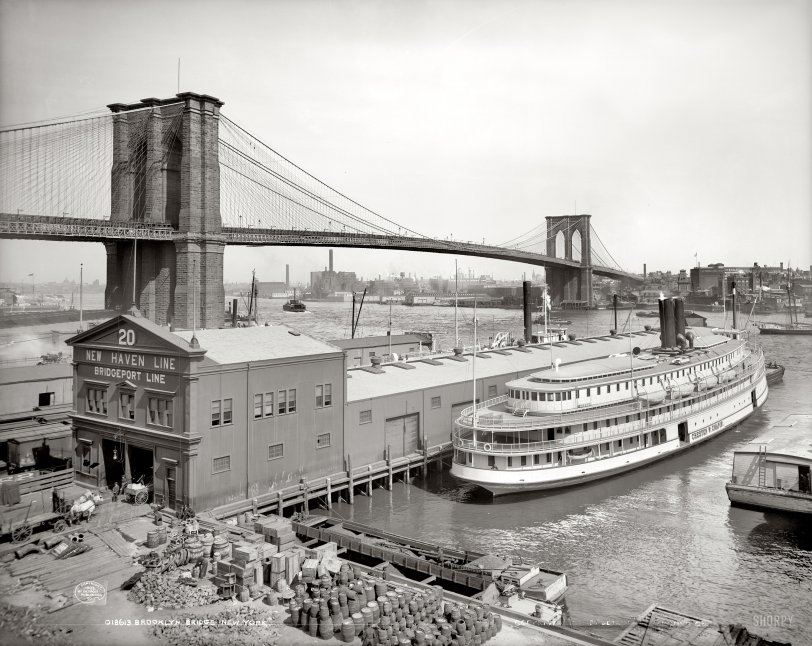I will write about the wedding, I promise... but something else is more on my mind for now.
Some background: while I was a student I applied for MaineCare for my daughter. I've been working full time for just over a year now, and at the end of December our transitional year of MaineCare health insurance ended. This meant that I would add the tween to my work health insurance.
Unfortunately this happened at the same time as a huge increase in insurance rates, so I am feeling the pinch. The increase in the cost of my own coverage plus the adding the tween's is costing me an additional $350 a month--and the insurance doesn't cover as much as I wish it did, leaving me with a growing number of medical bills.
This is a big hit for our family, and it comes in a year when we have a couple of major expenses coming up: the tween's trip to Japan in July, and the wedding in September. Forget tightening the belt--this is a heavy-duty corset situation.
So I polished up some of my college-era poverty survival skills, and after a few months of (painful!) transition I think I'm finally getting used to this much smaller budget.
I thought I'd share some of the tips I'm re-learning, in case the economic recovery isn't happening for you yet either.
1. Make everything do double-duty
Being thrifty means also being thrifty with my time.
- When I cook I make extra so that it can also be work lunches for the week.
- While shopping, I try to buy food in containers (glass jars, closable plastic containers) that I can reuse instead of buying disposable tupperware. I also keep a ceramic bowl and cup at my work desk because I don't like to reheat food in plastic.
- Food waste becomes nutrients for my garden in my backyard composting bin, so I don't have to buy expensive fertilizer and trash bags.
- The slow-cooker works at cooking food while I'm working at my job. This is the only way I've been able to use inexpensive and nutritious food like dried beans.
2. Buy for value
I don't always buy things that are cheap. Sometimes the cost of cheap things can actually be higher.
- Nutrition: Twinkies and snack foods can be inexpensive, but they're not very nourishing--causing poorer health. Less processed=better, and I buy snack foods only at discount stores like Marden's and Big Lots.
- Longevity: will it break right away (i.e., is it cheaply made)? Will it cause long-term consequences (as poorly fitting shoes or dollar-store medicines might)?
- Landfills: It's hard to think about sometimes, but I try to minimize the amount of waste that I create, because cleaning up the environment is going to be HELLA expensive in the long run. This just means simple things like using waxed paper or reusable containers instead of plastic bags.
3. Wants vs Needs
I'd gotten pretty comfortable over the past year being able to have all of my needs met--and some of my wants too. In fact, some of the wants started to feel like needs. I had to reconsider my casual spending habits (movie rentals, eating at restaurants, drinking at bars, convenience foods, spending to enjoy entertainment).
Instead I've been considering ways to get some of my wants met for free or cheap, so that I'm only spending money on things that I need (like food, shelter, etc.). I do this by:
borrowing movies and books from the library
- buying used whenever possible
- borrowing things like tools and machines instead of buying my own
- going on cheap dates, like the First Friday Artwalk (if you time it right you can get free wine AND snacks too!) and cheap night/matinees at the movies
- volunteering as entertainment
- avoiding restaurants
Some things tread the line between want and need, like my car, work clothes, and social time. I try to minimize spending on these.
4. Carry it with you
Convenience spending is one of my biggest budgetary downfalls. So I try to carry snacks and water with me--so that I'm not caught spending money on things that I could get for free or cheap at home.
The hardest part about all of this is having to think about everything all the time. Everything takes planning, and it's exhausting at first. For someone like me, whose brain runs a lot like an obsessed hamster in an exercise wheel, this is especially hard. I have to be careful not to be to rough on myself and to forgive small expenditures. Sometimes a cup of coffee with a friend means the difference between feeling sane and not, and that's value--and worth it.
And once this stuff becomes habit, it's a lot easier. I just need to keep reminding myself of that.
UPDATE 4/9: After I read the great comments below, I feel like I forgot to say a couple of things... like, that the tips above ONLY help me deal with what used to be my discretionary spending.
To deal with other expenses, I eliminated everything even remotely optional. I canceled cable and netflix, lowered my credit card payment to $20 over the minimum, and cut the amount I put into savings in half. I'm trying to get my student loan payment lowered, and April looks like the month I'm going to start being carless. I might cancel my cell phone (the cancellation fee is heinous, but it's equal to about three months' payment, and I still have over a year left in the contract). Once you get poor, it's amazing how possible certain lifestyle changes look.

